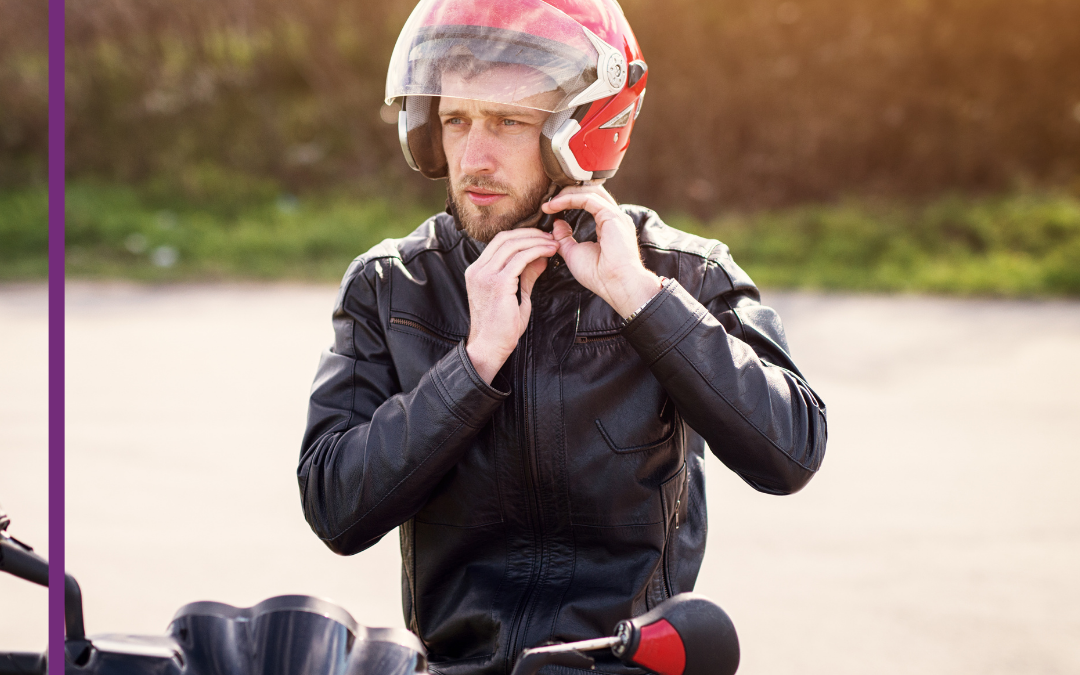Dear Clients:
As you are aware, we are currently in the midst of an unprecedented and unexpected pandemic that is affecting us all. At this time, safety and health is our top priority and concern. Please be aware and mindful of the recommendations of organizations such as the Center for Disease Control (CDC) and World Health Organization (WHO). Follow the recommendations for your safety and the safety of others.
During this time, my office is operational with limitations. According to the mandates of Governor Gavin Newsom and Los Angeles Mayor Eric Garcetti, Sahar Malek Law, APC is implementing “work from home” measures to ensure that your legal needs continue to be met. However, given the circumstances, it is inevitable that our response times will be slower than usual. Please rest assured that all of us here are working diligently to continue representing you with stellar and zealous advocacy.
I am also aware that, for those who are treating for ongoing/unresolved injuries, you may be deciding between going to see your health care provider or staying home. This is a judgment call and only you can make this decision. However, I urge you to heed the Orders issued to ensure your own treatment afety and the safety of others. Accordingly, if you choose to stay at home and forgo at this time, you have options:
1. Continue with at-home exercises recommended by your health care providers Continue with medications that have been prescribed in accordance with your health care providers’ orders and directions
2. Engage in meditation or other stress-relieving activities to ensure your immune system is at its optimal state.
3. Contact your health care provider and request to speak to them telephonically or through video-conference mediums
4. If you feel that you need to see a doctor for an urgent matter, contact 911 or your doctor immediately.
We are available through email and telephone only during this time. Any communications via U.S. Mail will not be received for weeks. Please make sure to contact us via email or telephone. Our business hours remain the same and we look forward to speaking with you at any time!
We are taking all measures to ensure the safety of you and ourselves while continuing to advocate for you. Should you have questions, do not hesitate to contact us. Remember to stay safe, healthy and calm in these times. We are all navigating through this together.
Kindly yours,
SAHAR MALEK LAW
Estimados clientes:
Como saben, actualmente estamos en medio de una pandemia inesperada y sin precedentes que nos está afectando a todos. En este momento, la seguridad y la salud sonnuestra principal prioridad y preocupación. Tenga en cuenta las recomendaciones de organizaciones como el Centro para el Control de Enfermedades (CDC) y la Organización Mundial de la Salud (OMS). Siga las recomendaciones para su seguridad y la seguridad de los demás.
Durante este tiempo, mi oficina está operativa con limitaciones. De acuerdo con los mandatos del gobernador Gavin Newsom y el alcalde de Los Ángeles Eric Garcetti, Ley Sahar Malek, APC está implementando medidas de «trabajo desde casa» para garantizar que sus necesidades legales continúen siendo satisfechas. Sin embargo, dadas las circunstancias, es inevitable que nuestros tiempos de respuesta sean más lentos de lo habitual. Tenga la seguridad de que todos nosotros aquí estamos trabajando diligentemente para continuar representándolo con una defensa estelar y celosa.
También soy consciente de que, para aquellos que están tratando lesiones en curso / no resueltas, puede decidir si va a ver a su proveedor de atención médica o se queda en casa. Esta es una decisión judicial y solo usted puede tomar esta decisión. Sin embargo, le insto a que preste atención a las órdenes emitidas para garantizar su propia seguridad y la seguridad de los demás. En consecuencia, si elige quedarse en casa y renunciar al tratamiento en este momento, tiene opciones:
1. Continúe con los ejercicios en el hogar recomendados por sus proveedores de atención.
2. Continúe con los medicamentos que le hayan recetado de acuerdo con las órdenes e instrucciones de sus proveedores de atención médica.
3. Participe en meditación u otras actividades para aliviar el estrés para asegurarse de que su sistema inmunológico esté en su estado óptimo.
4. Comuniquese con su proveedor de atencion media y solicite hablar con ellos por telefono o mediante medios de videoconferencia
5. Si siente que necesita ver a un médico por un asunto urgente, comuníquese con el 911 o con su médico de inmediato.
Estamos disponibles por correo electrónico y teléfono solo durante este tiempo. Las comunicaciones por correo de EE. UU. No se recibirán durante semanas. Asegúrese de contactarnos por correo electrónico o por teléfono. ¡Nuestro horario comercial sigue siendo el mismo y esperamos hablar con usted en cualquier momento!
Estamos tomando todas las medidas para garantizar la seguridad de usted y de nosotros mismos mientras continuamos abogando por usted. Si tiene alguna pregunta, no dude en contactarnos.
Recuerde mantenerse seguro, saludable y tranquilo en estos tiempos. Todos navegamos juntos por él.
Amablemente,
SAHAR MALEK LAW

 310-788-3466
310-788-3466